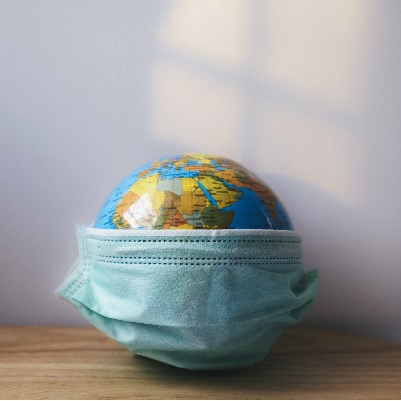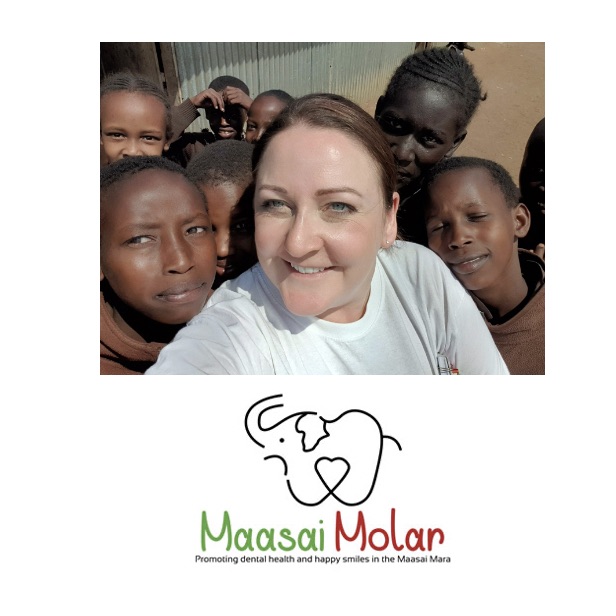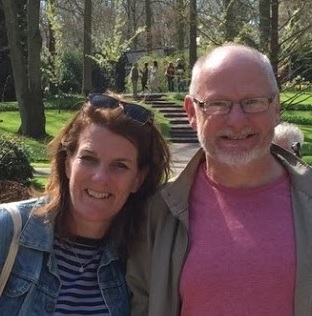P227 Global Remote and Rural Healthcare - July 202...

of verifiable CPD
In November 2020 Bridge2Aid hosted a 2 day conference on 'Remote and rural healthcare – how can we do it better?'....
More InfoPurchase CPDSpeakers: Grace Anderson SariaDr Yoseph Mamo AzmeraDr Nila Jackson DDS
The goal of this Bridge2Aid recorded webinar is to provide a platform for people working in the remote, rural and humanitarian sectors to come and share their work, challenges, solutions, learn from each other, and find out what else is happening across this vast discipline.
In November 2021 Bridge2Aid hosted its second annual conference on ‘Remote and Rural Healthcare – How Can We Do It Better?’. We are also running a series of short webinars to continue the exploration of this important topic.
This recorded webinar features three international speakers, covering the topics of: Geriatric healthcare services viability in the remote and rural areas of Tanzania; the END-IOM (Infant Oral Mutilation) Project and finally, decentralisation of NCD care for rural communities through task shifting to frontline primary health workforce.
We strongly believe that there is much to be learned from the experience of others in delivering and researching any aspect of healthcare in remote and rural areas and we hope you will join us for this event.
Geriatric Healthcare Services Viability in the Remote and Rural Areas in Tanzania - As part of home-care and rehabilitation predominantly for geriatrics at Kilimanjaro community, we have been providing rehabilitation services to elderly through participatory approach. We are focusing on health education specifically about vaccines, how to protect geriatrics from getting COVID 19 and means of treatment in rural areas of Kilimanjaro, as part of Anderson Memorial Rehabilitation and Care Organisation (AMRCO).
Speaker Grace Anderson Saria, Monitoring and Evaluation Specialist at Tanzania-Ministry of Health & Social Welfare
END-IOM (Infant Oral Mutilation) Project in Tarime-Maria, Tanzania - With the support of Bridge2Aid, Sibaba dental Clinic is implementing a six months END-IOM project in collaboration with Global Child Dental Fund in Tarime District, in the Mara region. Infant Oral Mutilation (IOM) is carried out mostly within the Kurya tribe, which is the most dominant ethnic group in the region. Other featured characteristics in the Kurya tribe include dominant traditional norms, values and a high prevalence of practising cultural traditions such as female genital mutilation (FGM) and early marriages. IOM is one of the neglected abuses of children, and the government and local NGOs are unaware of its dangerous implications. In response to this Sibaba dental Clinic, with the support (in kind and financial) of Bridge2Aid, is running a six months community educational project from February to July, 2022. From 1st-11th Feb 2022 512 individuals were trained - 14 staff from the District management team, 65 Clinicians and Nurses and 433 representatives from different groups in the community (including local community leaders, school teachers, church leaders, volunteer community health workers, traditional leaders, traditional healers and health facility committee members). These trainees are all significant community agents of change to bring about the end of IOM in the area of the project implementation and they will get monthly SMS updates and motivations. Key target populations includes pregnant women attending MCH clinics, health facilities’ patients, school children, church/mosque members and the general population from the area of the project implementation. We also managed to distribute 900 posters with ENDIOM massages. Prior to training we conducted a pre survey via a self-administered questionnaire, to assess the awareness and existence of IOM practice and after 6 months a post project survey will be carried out to assess project achievements. Project findings will be published in collaboration with B2A and be used for policy changes to improve maternal and child oral health in Tanzania
Speaker Dr Nila Jackson, Regional Dental Officer in Tanzania
Decentralisation of NCD Care for Rural Communities Through Task Shifting to Frontline Primary Health Workforce - The vision of nurses as leaders to realise the ideals of ‘access for NCD care to the rural poor’ was a compelling one. So we started to recruit appropriate nurses to lead this effort in three health centres: Shebe, Agaro and Asendabo, each of them placed about 50 kilometres south, west and east of Jimma University Hospital respectively. In the mean time we advocated for rotating funds to support essential medicine mobilised from THET (Tropical Health and Education Trust) and addressed the issue of university mandate and involvement in health care through various strategies: quoting the social accountability article in its vision and mission statements, making research an entry point and service to patients (subjects) and training nurses (data collectors) an ethical fulfilment. Funds for training, coaching, mentoring, supervision, transportation etc.. were again mobilised from THET. Later on we advocated the model to the MOH of Ethiopia and scale up an improved version of the model for hypertension and diabetes care reaching 240 primary care facilities with the collaboration with other international NGOs.
Speaker Dr Yoseph Mamo Azmera, Doctor, Consultant Internal Medicine, Palliative Care Fellow, THET Country Representative.
This course aims to provide learners with knowledge and understanding of how to educate health care professionals to face the challenges of working in remote and rural settings. How other organisations involved in this field face their unique challenges will be explained.
On completion of this webinar you will be aware of how to educate health care professionals to face the challenges of working in remote and rural settings, and gain an understanding of how other organisations involved in this field face their unique challenges.

of verifiable CPD
In November 2020 Bridge2Aid hosted a 2 day conference on 'Remote and rural healthcare – how can we do it better?'....
More InfoPurchase CPD
of verifiable CPD
Maasai Molar was established in 2018 to provide oral healthcare in the Aitong region of Kenya. Through local partnerships ...
More InfoPurchase CPD
of verifiable CPD
In this talk Dr Vicky and Dr Nigel Milne explore the challenges faced by a small charity in providing dental care in a rur...
More InfoPurchase CPD